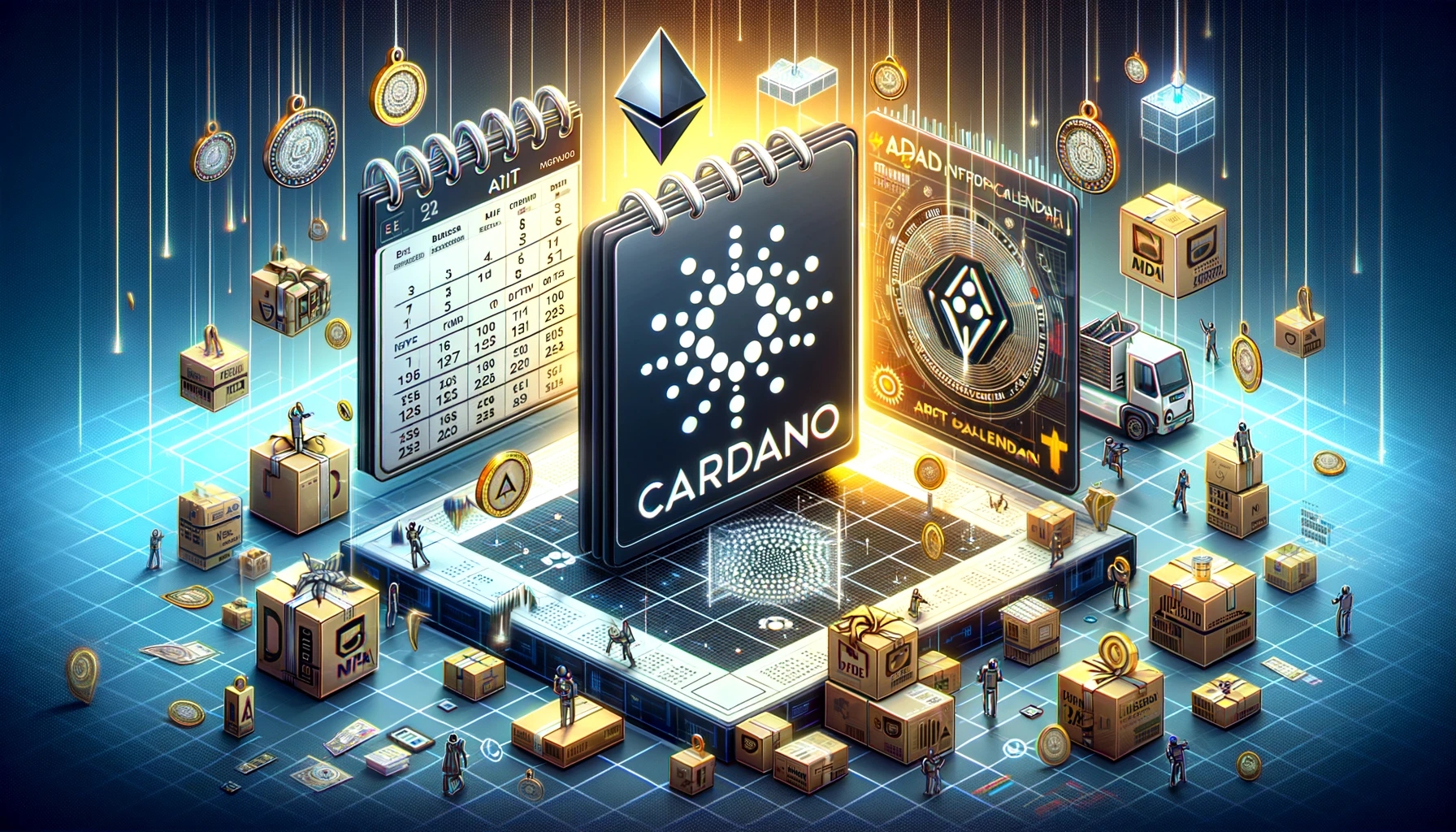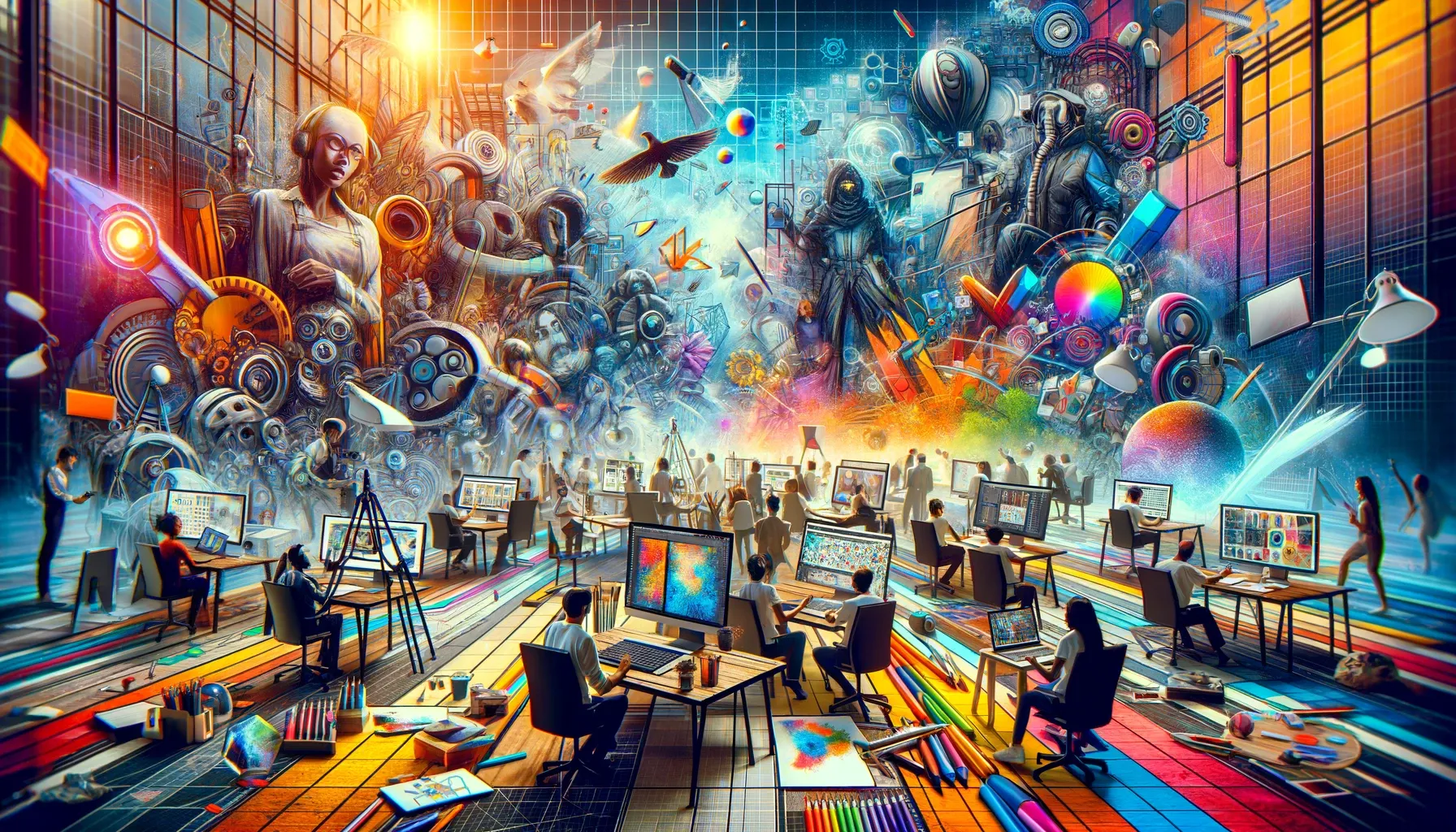I Responded to a Quora User Who Said NFTS Aren’t Valuable, Here’s What Happened
March 8, 2022 - 8 min read
I like answering questions on Quora because it is a different audience than NFT Twitter. This was a fun exchange that turned out to be positive and empathizing with an opposite view helped sharpen my analytical skills.

Most of the NFT audience is on Twitter, but at times, it can feel like an echo chamber.
In order to bring you value, I try to engage with people who challenge my thinking and viewpoints. Without exposing this person’s information, I’ve pasted verbatim (with some grammatical adjustments) our conversation about the value of NFTs.
I always lead with kindness online (or try to) because more often than not it turns into a positive experience.
This exchange was in response to a user who asked “What types of NFTs are the most valuable?”
The person who responded was an ex-Google employee and Intel chip designer. A very intelligent (and also kind person) who can help all of you understand the counterpoints to our thinking.
Let’s jump in.
Quora User:
“NFTs are not valuable. Period. They are collector’s items. They have no intrinsic value. They are not an investment. No more than fine art is. Buy it if you can afford it, but realize you aren’t doing so to make money. Doing so is falling prey to the current Ponzi scam.”
My response:
“I appreciate your perspective, but this is not true. (1) The market decides the value of something. (2) People buy lots of things with no “intrinsic value” (3) The way the market values things is changing (4) Some NFTs offer utility, like access to conferences, Facetimes with business leaders, access to making movies, and more. I do think the NFT market will experience a crash (historically, it’s almost a given) but it will be a relevant part of our lives in the future.”
Quora User Follow-Up:
“The market often over-values things and corrects. This is why we have market bubbles and market crashes, going all the way back to the Dutch Tulip crash History of the Dutch Tulip Bulb Market's Bubble in the 1600s. As the saying goes, “People who don’t learn from history are bound to repeat it.” And, you don’t need to look that far back. We have several significant bubbles and crashes in the lifetime of anyone over about 20 years old.
If you think facetime with a business leader or the chance to make a movie will lead to your success, then perhaps investing in an NFT is not the riskiest venture you will engage in.
Arpege, the perfume once had a wonderful relevant commercial, with the tagline: ‘Promise her anything, but give her Arpege.’ And, this signifies the issue. As someone once taught me, the easiest thing to sell is ‘hope’.”
My follow-up:
“Sure and I wholeheartedly believe we will see an NFT market-wide crash and the “I told you so’s!” will come running. The dot-com bubble didn’t mean the end of the internet. It was a clear gold rush (like NFTs) and the market corrected, but companies like Amazon survived and thrived. Paying $400 for an NFT that grants you access to the filmmaking process and opportunities to work on set for that film if you are someone wanting to go down that path will likely lead to a better shot at success. Networking at a conference (virtual or IRL) is a phenomenal way to change your life trajectory. Getting a 5 minute Facetime with a connected and genuine business leader can change someone’s life. There are a bunch of garbage NFT projects out there but the technology itself will be around and impactful in the future. Art has no intrinsic value and is $50 billion globally. Sports cards don’t have intrinsic value and they have a century-long track record of collectors. Too many people buy NFTs for the wrong reasons or spend more than they can afford to lose, which will overshadow what they can do to bring value, but in the long run, I think the world will start to “get it” Thanks for taking the time to respond.”
Quora User Follow-up:
“I can see that.
I just think too many people are currently speculating. They want an “easy way” to get “rich”. There is only one of those, start by being “near rich” (i.e. have a rich parent/spouse), and even then more people end up less rich rather than richer.
So, maybe 5–10 years from now, NFTs will be a good technology for creating value. However, it’s been over that long, and bitcoins (a predecessor to NFTs) are still mostly speculative. And, that to me is the issue. Most of the people who I know “personally” (e.g. friend-of-a-friend types) who ask me about it, have not done any kind of due diligence and are simply ripe for being scammed. Most of them also cannot afford that kind of loss.
In fact, at 65 I think there is a reasonable chance that I will die before the market turns NFTs into a sensible thing to invest in.
And, while sports cards, stamps, and coins that people collect (a good model to compare to) can be exceptionally valuable over-time. Going out and buying a $1000 or the latest Topps cards packs is not a particularly wise investment, which is different than occasionally buying a pack to add to your collection because you enjoy collecting them and there is a particular player’s card you hope to get from the latest set being published. And, I see most NFT investors doing the equivalent of that (spending $1000 dollars as an “investment”, not for pleasure) these days.
Because many NFTs can be created from essentially nothing, it is easy for the market to flooded with “junk” NFTs. No one cares if you have a 2021 penny in your collection in 2022. It is not rare, not likely to be rare in the next 10 years. Now, having one from 1921 might have some value. Moreover, like the prints you can buy of famous paintings, many of them can be created so that they will never have value (while having the one-of-a-kind original) might be.
In fact, I have a few original paintings of a (still-living) artist that my wife particularly likes. They are not investments (and probably will never be in my lifetime, if ever). They are something that we collected because we liked. I don’t fool myself into thinking I bought something particularly rare and valuable. I bought something I liked. That’s all.
Thus, I am trying to do the “I told you so” in advance rather than waiting for the crash. Some NFTs may be valuable someday. However, it is much easier to buy junk NFTs than valuable ones these days. In fact, it is easier to buy forged NFTs than actual ones these days. To me, those are the real issues. Some day I will change my tune, but not yet.”
My final response:
“This is a phenomenal response and I agree with you on many points. I appreciate the “I told you so” warning, but luckily I’ve stayed very much within my bounds knowing a crash is imminent. When studying the dot-com bubble crash, I realized the theme was that the infrastructure was too nascent to allow companies with good ideas to succeed. Same for NFTs. There will be projects that are valuable (and I do think it will happen in your lifetime). When I collect sports cards, I spend $150 or less and find amazing cards. It’s always safest to buy things you like because who cares if they go to zero. This has been a wonderful discourse and if anything, I’m glad we got the chance to chat about this.”
Key Takeaways:
I’ll be the first to admit. I responded to the final message at 1:15 am on a Saturday (er Sunday) because that’s when I have the time to do my writing. I run a start-up (not NFT related) and the reality is I only have so much time, so I was tired and didn’t want to get into every point.
However, this user pointed out a lot of things I talk about in this newsletter. There are a lot of impressionable people ripe for overspending on NFTs that don’t have potential. There’s a lot of junk NFTs and he even finally said that he sees how NFTs could be valuable.
I’m telling you, empathy, kindness, and respect are great ways to approach these types of discussions.
He does make good points, and if you want to protect yourself, sitting in his shoes and empathizing with the perspective is a great way to think more rationally.
I’ve said that I think there would be a crash. I can’t lie to you all. That’s what I think and I hope I’m wrong, but there are too many junk projects that people willingly spend their money on that it’s almost inevitable.
However, I think a crash (like the dot com bubble) will come out the other side with winners who bring outsized returns to holders (remember, this is not financial advice) and enough infrastructure will be built up that NFT projects do become legitimate investment category.
Newsletter
Enter your email address below to subscribe to my newsletter
latest posts





